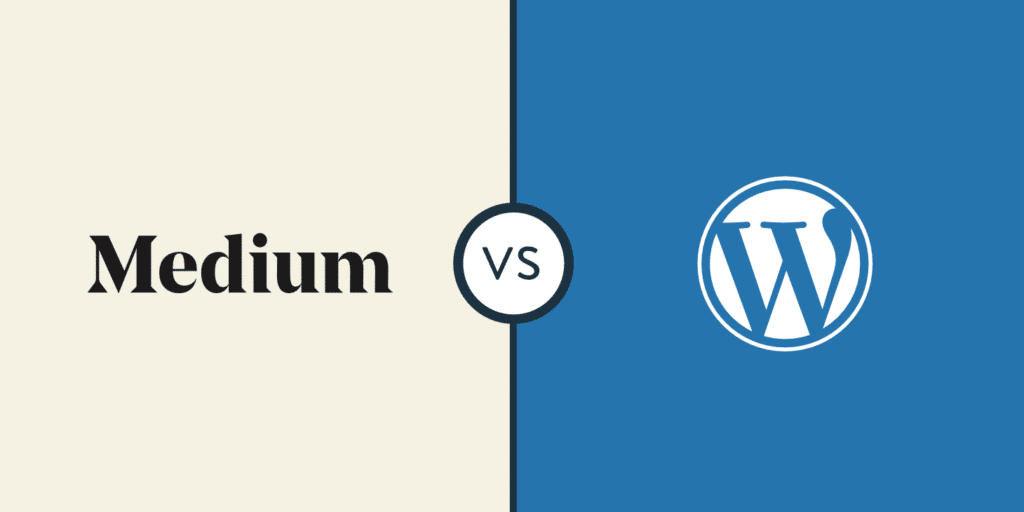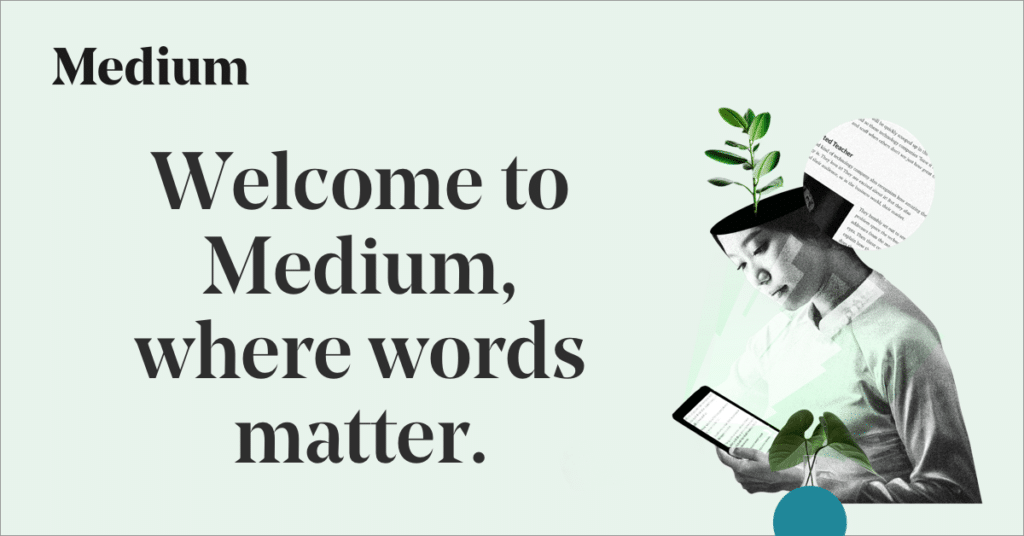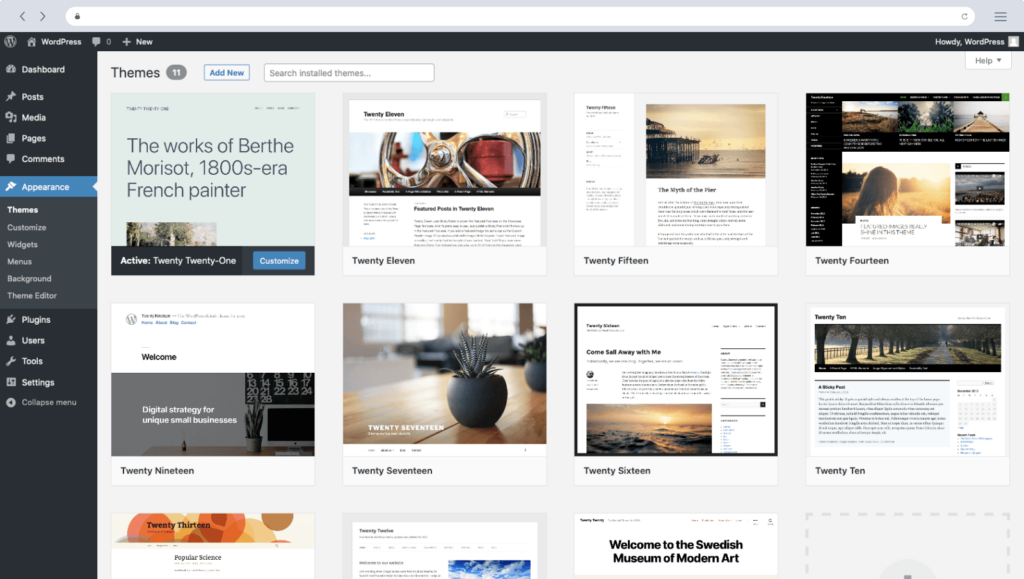Blogging has become an immensely popular way for individuals and businesses alike to share their thoughts, ideas, and expertise with the world. With the plethora of blogging platforms available, it can be overwhelming to decide which one is the best fit for your needs. In this article, we will compare two popular blogging platforms, Medium and WordPress, and weigh the pros and cons of each to help you make an informed decision.
Contents
Overview of Medium & WordPress
Medium is a free online publishing platform that was founded in 2012 by Evan Williams, one of the co-founders of Twitter. It is known for its sleek and user-friendly interface and its focus on creating a community of writers and readers. The medium allows writers to publish articles, stories, and essays on a wide range of topics and provides a built-in audience through its curated collections and publications. It also offers features such as social media integration, analytics, and customization options.
WordPress, on the other hand, is a content management system (CMS) that was originally developed as a blogging platform and has evolved into a versatile website builder. It offers both a free, hosted version at WordPress.com and a self-hosted version at WordPress.org that requires a web hosting service. WordPress provides extensive customization options, a wide range of themes, and plugins and is highly scalable, making it suitable for blogs of all sizes, from personal blogs to large websites. It is also widely used by businesses, news websites, and e-commerce platforms.
The One-on-One Comparison
Now, let’s compare Medium and WordPress based on various factors to help you decide which platform may be better for your blogging needs:
Ease of Use: Medium is known for its simplicity and ease of use. It offers a straightforward and intuitive writing interface, making it ideal for beginners or those who prefer a minimalist approach. On the other hand, WordPress has a steeper learning curve due to its extensive customization options and settings. However, it provides more flexibility and control over your blog’s design and functionality, making it suitable for those who are more tech-savvy or have specific requirements.
Community and Exposure: Medium has a built-in community of writers and readers, with curated collections and publications that can help increase the exposure of your articles. It also offers features like highlighting, commenting, and sharing, which encourage engagement and interaction among users. WordPress, on the other hand, does not have a built-in community, and you need to rely on your own marketing efforts to build an audience. However, with the right SEO strategies and promotion, WordPress can offer higher visibility and reach in the long run.
Customization and Flexibility: WordPress offers extensive customization options through its themes and plugins, allowing you to create a unique and fully personalized blog. You have complete control over your blog’s design, layout, and functionality, making it suitable for bloggers who have specific branding or design requirements. On the other hand, Medium has limited customization options, with only basic formatting and styling available. While it offers a clean and consistent look, it may not be suitable for bloggers who want more creative freedom or unique branding.
The Takeaway
Both Medium and WordPress are popular blogging platforms with their own unique features and advantages. Medium is ideal for writers who prefer a simple and minimalist platform with a built-in community and focus on content creation, while WordPress offers more customization options, scalability, and control over your content and branding. Ultimately, the choice between Medium and WordPress depends on your specific needs, goals, and level of technical expertise.
If you value simplicity, community engagement, and ease of use, Medium may be the better choice. If you want more customization, flexibility, and ownership of your content, WordPress may be the preferred option. Consider your priorities, budget, and long-term goals to make an informed decision and choose the platform that best aligns with your blogging needs.




